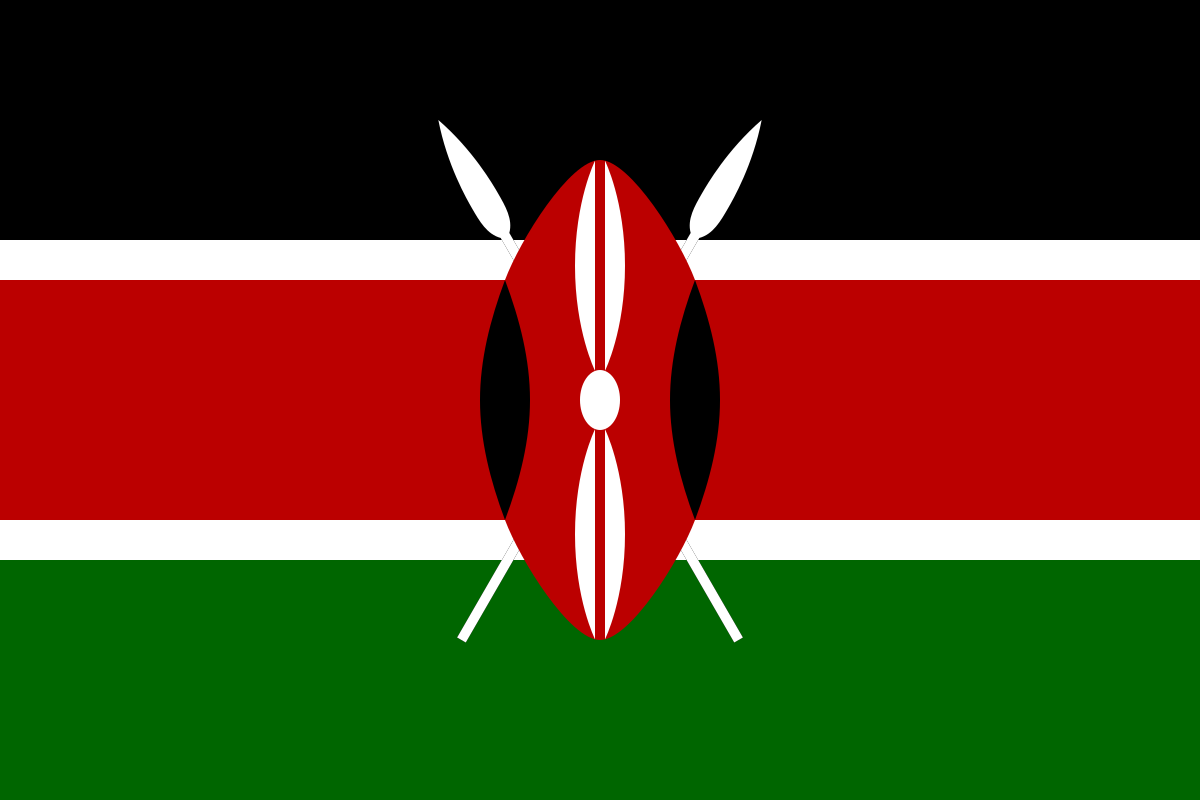NAIROBI, March 5 (Xinhua) -- Kenyan President William Ruto on Tuesday called on the East African Legislative Assembly (EALA) to enhance regional integration efforts, positioning East Africa as a model for the continent.
Ruto also pointed out that EALA, and other regional parliaments, should also play their role in making the Africa Continental Free Trade Area the next hub of global investment, trade and industry.
"To do this, we have to complete the implementation of all the pillars of EAC integration and critically align our integration agenda with the broader African transformational paradigm under the Africa We Want," he said during the official opening of the third meeting of the second session of the fifth EALA in Nairobi, the capital of Kenya.
According to a statement issued by the presidency, Ruto said the continent was wealthy and only needed to have its assets properly valued, noting that Africa would soon be the largest single market in the world.
The Kenyan leader said the EALA should help change the narrative of Africa from a poor continent ridden with conflict and disease to that of immense opportunities.
He said EALA was well-placed to reposition the continent as a destination of great potential and investment.
"It's not tenable for Africa to continue being profiled as a continent of poverty, conflict and disease, yet we have enormous resources, including renewable energy and arable land that, if well used, can transform the lives of our people," Ruto said.
He said EALA must provide a strong framework for sustainable competitive advantage in emerging hi-tech fields such as the digital economy, artificial intelligence, automation, robotics and machine learning.
According to Ruto, the use of technology will enable the region to effectively tackle threats and harness opportunities in a rapidly digitizing global economy.
He emphasized the need for EALA legislators to lend their support to the efforts to roll back the effects of climate change, and especially the declaration of the African Climate Summit held last September.
Ruto said the declaration defines a strong and distinctly African contribution to the global discourse on climate change, humanity's foremost existential challenge.
He said climate action and sustainable development will help boost investment in Africa and kick-start a green industrial revolution.
Ruto called for a new financing mechanism that is fair and equitable to countries of the Global North and Global South alike, noting that there was a problem in the international financial system.
EAC Council of Ministers Chairperson Deng Alor Kuol, who is also the minister for EAC Affairs in South Sudan, said peace and stability remain key to increased trade and investments in the region. - Xinhua






